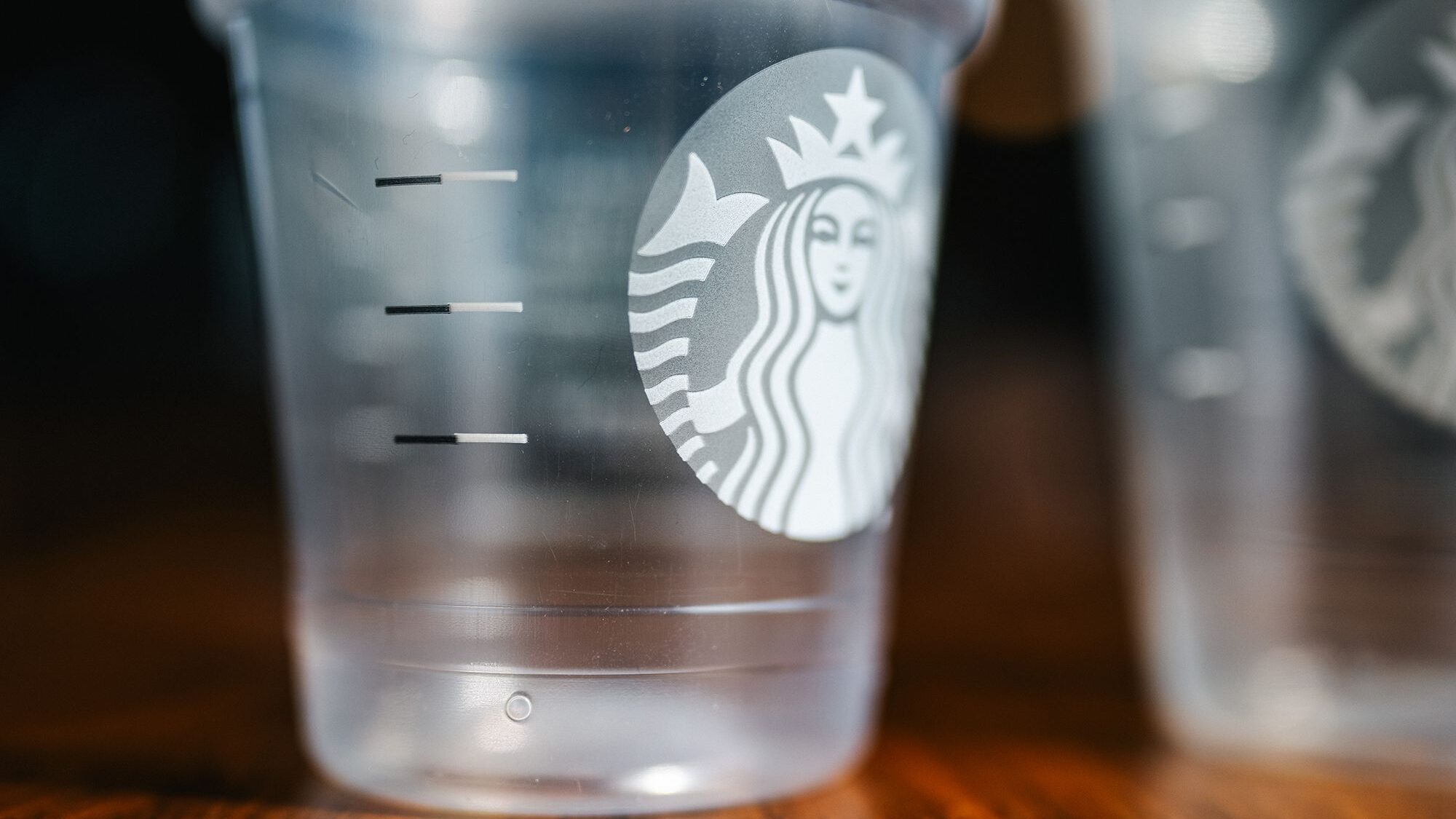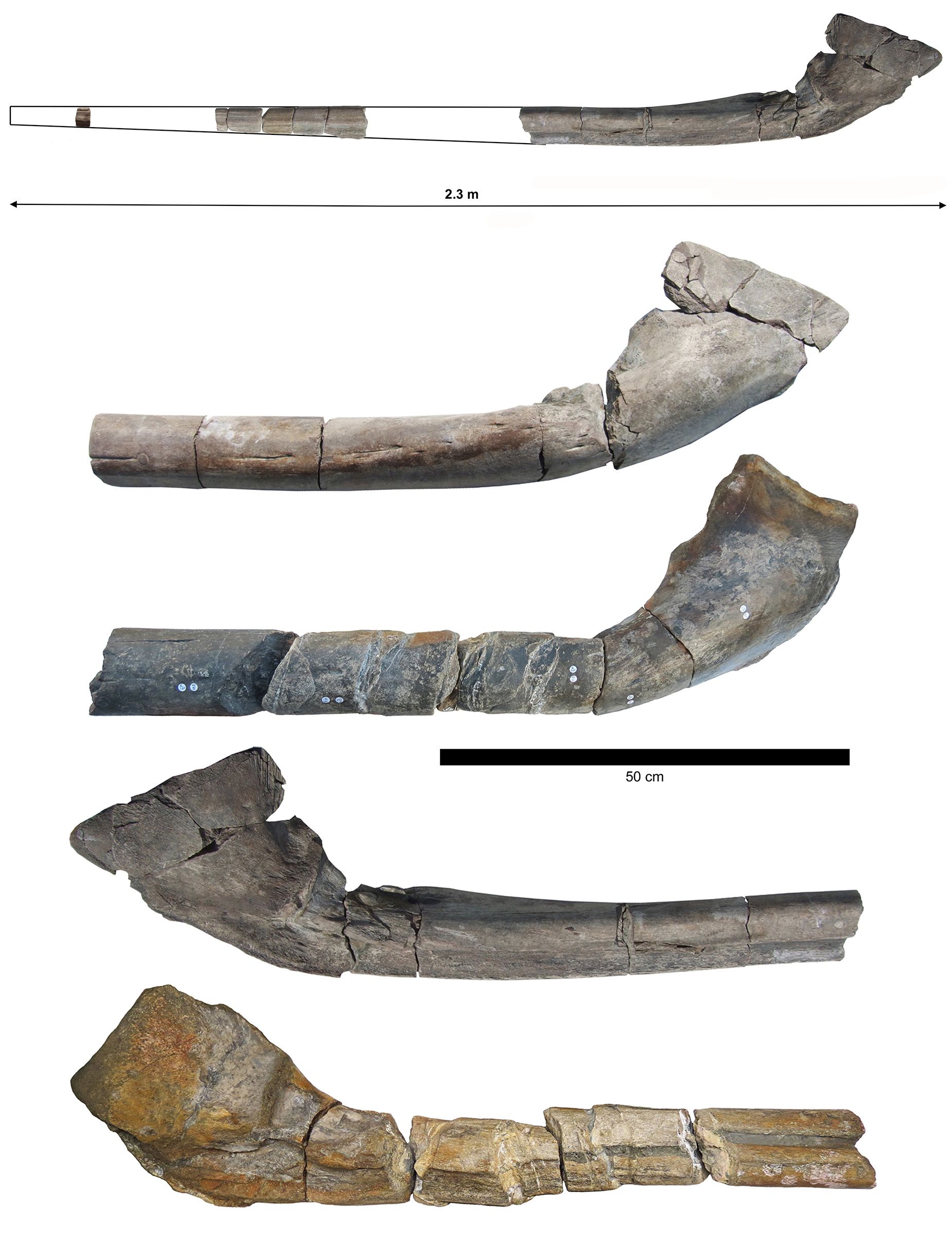Quarantine fatigue: Why some of us have stopped being vigilant and how to overcome it
Jun 10, 2020, 6:35 AM

A woman washes her hands in a kitchen sink. Credit: Ben Birchall/PA Images/Getty Images
(CNN) — If you’ve found you’re no longer disinfecting your hands as often or becoming more lenient toward unnecessary trips outside, you’re not alone.
This unintentional phenomenon is “caution fatigue” — and you have your brain to blame.
You were likely vigilant at the pandemic’s outset, consistently keeping up with ways to ensure you didn’t get infected with the coronavirus or infect others. The threat was new and urgent to your brain. And driven by the human instinct for self-preservation, fresh fear motivated you to eagerly adhere to recommended safety precautions.
Fast-forward three months, and that sense of immediacy may have faded. Caution fatigue “occurs when people show low motivation or energy to comply with safety guidelines,” said Jacqueline Gollan, who holds two professorships at the Northwestern University Feinberg School of Medicine: one in psychiatry and behavioral sciences, and another in obstetrics and gynecology.
“It’s reflected when we become impatient with warnings, or we don’t believe the warnings to be real or relevant, or we de-emphasize the actual risk,” she added. “And in doing that, we then bend rules or stop safety behaviors like washing hands, wearing masks and social distancing.”
Caution fatigue has been observed in previous or everyday life situations, such as when you ignore an alarm of some sort and don’t take it seriously because you’ve heard it before. This mental state happens for a few reasons, including chronic stress, decreased sensitivity to warnings and the inability to process new information with others.
You can combat quarantine fatigue with self-care, conversations with loved ones and shifting your mindset so following guidelines seems rewarding instead of dreadful.
Adapting to threats
Caution fatigue can result from a decreased sensitivity to repeated warnings, Gollan said.
The amygdala, the region of the brain that registers fear, activates when we see or hear a threat (or information about the pandemic). When our brains perceive threats, fear is communicated throughout the body via stress hormones and the sympathetic nervous system, or our fight-or-flight response.
“So the amygdala is important because it determines the relative importance of the threat,” Gollan said.
Now the brain’s alarm system has gone off, so it has prepared the body to sort itself out and respond to questions like, “Do I get more groceries today?” or “Do I meet with those friends?” Enter the hippocampus, which is connected to the amygdala and the prefrontal cortex. It helps the brain assess the context of a perceived threat and whether it’s real, Gollan said.
“They basically assign the context of how wiping down the groceries initially was important, but now not so much,” Gollan said. “And so they put the brakes on it … to sort of decrease the amygdala fear of reactivity.
“So the front part of the brain, the thinking part, says, ‘Hey, emotions. It’s OK. You don’t have to do that right now,'” she added. “We use these processes basically to create a sense of control.”
This perception of control as a way to manage threats can make you more confident about the things that once scared you, because you’re now reassured that you’re safe. Consider a horror movie, for example — seeing it the second or third time isn’t nearly as scary as the first time you watched it.
“There’s a way people may create a context that assumes that it’s not important,” Gollan said. “They don’t see anybody sick around them. They don’t know what’s going on, so why would they pay attention to it? So they may assume a sense of confidence or a perception of control to … confront the situations that are actually risky.”
Our brains adjust the perception of the alarms to reduce the stress, so then it takes longer to respond to the warning or we ignore it. You might disinfect some groceries but not all or just wash your hands occasionally.
Information overload
Caution fatigue also comes from cognitive challenges, said Eric Zillmer, a professor of neuropsychology at Drexel University in Pennsylvania.
“Almost all of America is being confronted with an ambiguous, complex problem-solving situation,” he added. “We’ve never been through anything like this, so it’s ambiguous.”
The brain’s way of processing new details is more difficult now because the method of obtaining them is mostly digital. Because of social isolation, we can’t rely on the brain region that helps us contextualize information by processing intuition or social cues. Learning with people would help us process and positively reinforce responsible behaviors.
We’re trying to manage new, competing and ubiquitous information we haven’t yet internalized, like we have driving a car through traffic. It doesn’t help that the rules are always changing, or that rules and reopening phases are different on the federal, state, local and personal levels. Or that we really don’t even like rules in the first place.
We also haven’t had the time to turn safety practices into habits. Since our brains like consistency, all these factors might render following guidelines exhausting and a moot point.
An excess of information can make it hard to adequately read the environment, understand what’s a true threat and whether you’re doing enough to address it.
Mitigate information overload by only reading relevant, credible information from a few sources to come up with a balanced viewpoint about what to do.
Make safety practices into habits by setting up visual cues — for example, set your face mask on a table by the door to remind yourself to put it on before you leave.
Social processing is imperfect right now, but it can help to talk with family and friends about what they think and what makes sense.
“Then when you’re confronted with the situation that you need to solve, you have many more tools in your toolbox,” Zillmer said.
Reduce your stress
Heightened or newfound anxiety and depression can make you feel hopeless or depleted.
With unemployment or family struggles, the increased stress leads to changes in how our brains function and how we behave.
“If I have to go out and survive, I may pay less attention to my health and those safety precautions, because I’m not focused on that,” Gollan said.
Stress also makes it easier to forget things. Even if there’s a chance of getting sick, being too exhausted can keep us from putting the brakes on currently inappropriate situations since doing so would require effort.
“Complex decisions require a lot of energy and we can get tired when making those decisions about which risks are worth taking versus the rewards that we get,” Gollan said.
Reduce your stress by practicing self-care: When you can, exercise, cook a warm meal for yourself or meditate.
Work on the values that help you feel good about yourself, Zillmer said. Feeling good is incompatible with anxiety and sadness, which can cause caution fatigue can stem from.
Shift your mindset
You can’t usually reproduce the initial survival instincts that kicked in at the start of the virus outbreak now that we’re well past that first wave of awareness. So making smarter decisions also involves rearranging how you perceive risk and reward so that safety precautions no longer seem dreadful.
Fear is no longer the motivation, so you need another source of inspiration.
Ask yourself, “What’s the reward I get for the choices that I make relative to what I’m giving up?”
Maybe the reward is your health, or altruistically the health of your family or others. Or it’s that you’ve mastered staying safe during the pandemic.
Figuring out how you can safely do some part of your normal routine can give your brain something else to control besides limiting your reactions to threats. And you can still feel in control of your health.
The-CNN-Wire
™ & © 2020 Cable News Network, Inc., a WarnerMedia Company. All rights reserved.
How To Prevent the Spread of COVID-19 Coronavirus
COVID-19 coronaviruses transmitted from person to person. It is a virus that is similar to the common cold and the flu. So, to prevent it from spreading:
- Wash hands frequently and thoroughly, with soap and water, for at least 20 seconds.
- Don’t touch your face.
- Keep children and those with compromised immune systems away from someone who is coughing or sneezing (in this instance, at least six feet)
- If there is an outbreak near you, practice social distancing (stay at home, instead of going to the movies, sports events, or other activities.)
- Get a flu shot.
Local resources
Utah’s Coronavirus Information
The Church of Jesus Christ of Latter-day Saints
Utah Coronavirus Information Line – 1-800-456-7707
National Resources
Centers for Disease Control and Prevention
Commonly asked questions, World Health Organization













